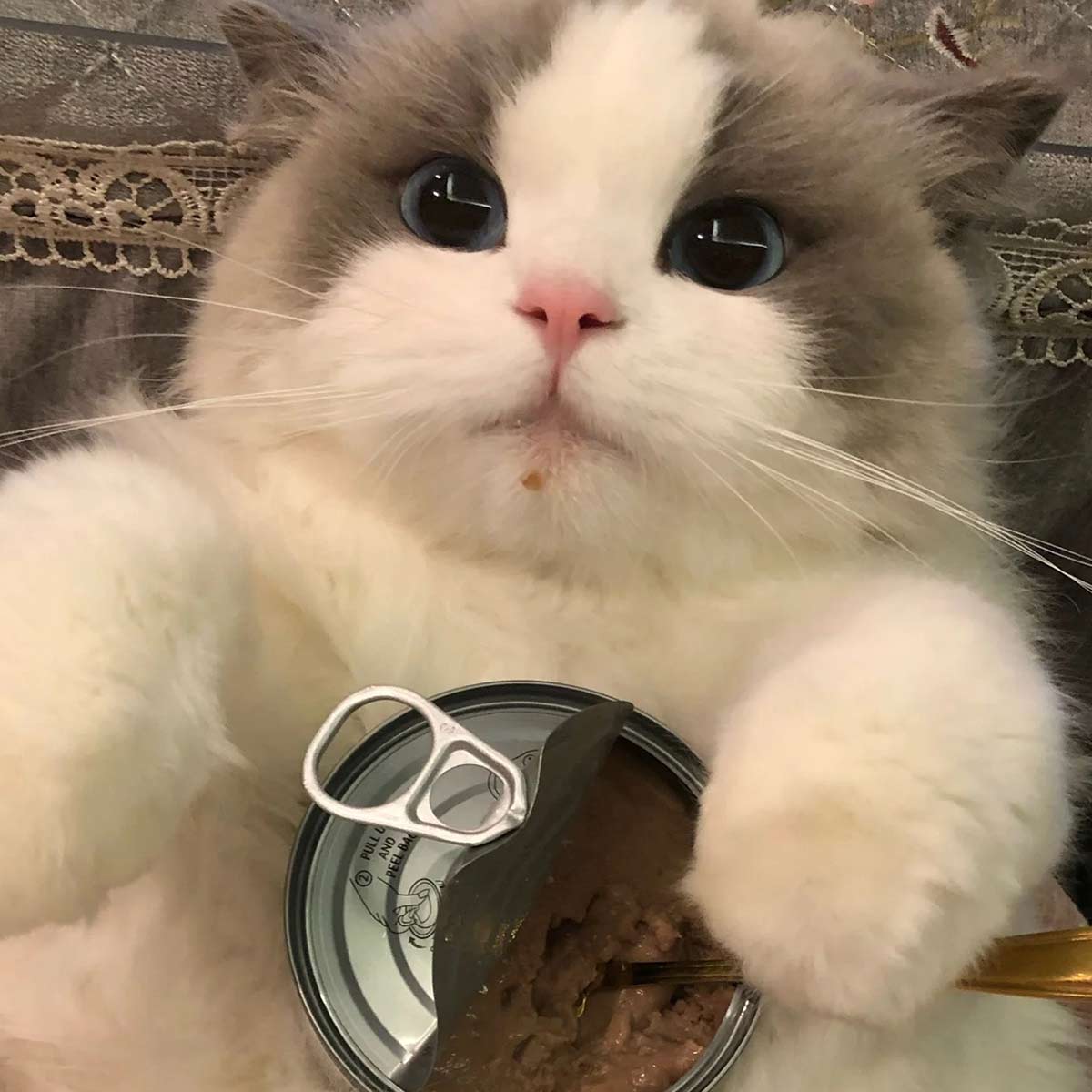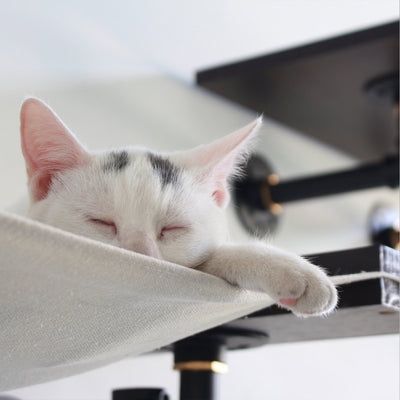There could be several reasons why your cat doesn't like eating. Here are a few possibilities:
1.Health issues: If your cat has an underlying health problem, they may not feel like eating. Cats can develop a wide range of health issues, such as dental problems, gastrointestinal issues, or infections, which can affect their appetite. If you suspect that your cat is unwell, it's important to take them to a veterinarian for a checkup.
2.Change in food: If you recently changed your cat's food, they may not like the new taste or texture. Some cats are very picky eaters and can be hesitant to try new foods. To encourage your cat to eat, you can try offering them a small amount of their old food mixed in with the new food. Or serve wet food - Wet food can be more appetizing to cats than dry food, as it has a stronger odor and flavor. You can also add some warm water to the food to make it more appealing.
3.Stress or anxiety: Cats can become stressed or anxious for many reasons, such as changes in their environment, a new pet or family member in the home, or loud noises. When cats are stressed, they may lose their appetite or become picky eaters. Cats can be easily stressed or distracted during mealtimes. Try feeding your cat in a quiet, comfortable location, away from any distractions or sources of stress.
4.Age: As cats get older, their appetite may decrease. This is a normal part of aging, and you may need to adjust their diet to meet their changing nutritional needs.
5.Consult a veterinarian: If your cat is not eating enough or experiencing a loss of appetite, it's important to consult with a veterinarian to rule out any underlying medical issues that may be causing the problem.


